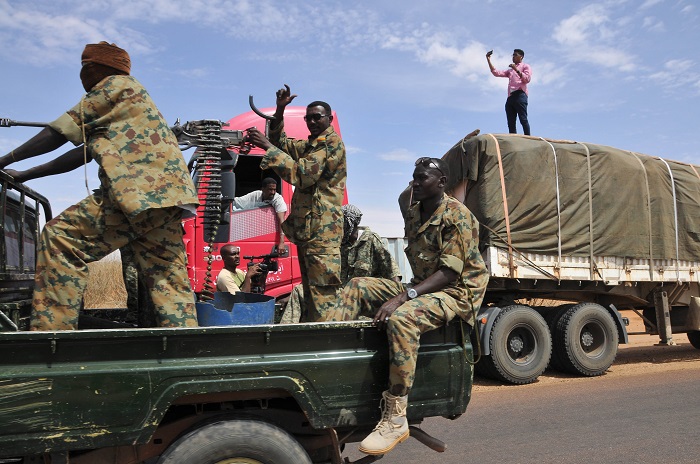S. Sudan denies UN report on killing of civilians in Yei
Published : 20 May 2017, 15:39
Updated : 25 Feb 2018, 20:34
South Sudan has denied authorizing the killing of civilians in the Yei border town following the latest United Nations report blaming government troops (SPLA) on 114 civilian killings.
President Salva Kiir's spokesman Ateny Wek Ateny said in Juba on Friday that the UN report is false, arguing that the SPLA could have acted in self defense while fighting opposition rebels operating in the restive town located some 150 km South West of the capital.
"It is utopian accusation given that there is no number of people (killed) like such in Yei. What we know is the killing of civilians along ethnic lines on roads in Yei," Ateny told Xinhua.
The escalation in fighting after the renewed violence in July 2016, prompted the UN Special Adviser of the Secretary General on Prevention of Genocide Adama Dieng in November last year to warn of the prospect of genocide occurring following civilian targeted killings along ethnicity in Yei.
"What is in Yei is the army (SPLA) and government soldiers fight in self defense unless rebels attack them," he added.
The report finds that these violations and abuses may amount to war crimes or crimes against humanity and that they warrant further investigation.
The report exposes cases of indiscriminate shelling of civilians; targeted killings; looting and burning of civilian property and cases of sexual violence perpetrated against women and girls, including those fleeing fighting.
The UN report came after the SPLA had been blamed on being behind civilian killings, looting and plunder of public resources by international NGOs during the more than three years of counter-insurgency against rebels allied to former first vice president Riek Machar.
South Sudan descended into violence in December 2013 after political dispute between President Kiir and his former deputy Machar led to fighting that pitted mostly Dinka ethnic soldiers loyal to Kiir against Machar's Nuer ethnic group.
The 2015 peace agreement to end the violence was again violated in July 2016 when the rival factions resumed fighting in the capital forcing the rebel leader Machar to flee into exile.
The conflict has killed tens of thousands and displaced over 2 million from their homes, and forced more than 1.5 million to flee into neighboring countries.
"How can it tarnish the image of the government when it did not authorize the killing of civilians?" Ateny disclosed


